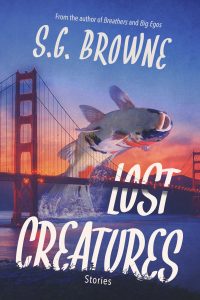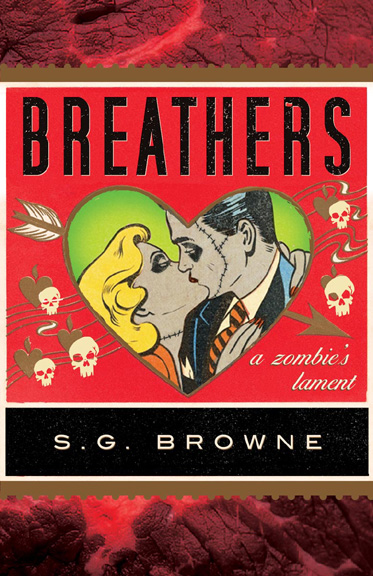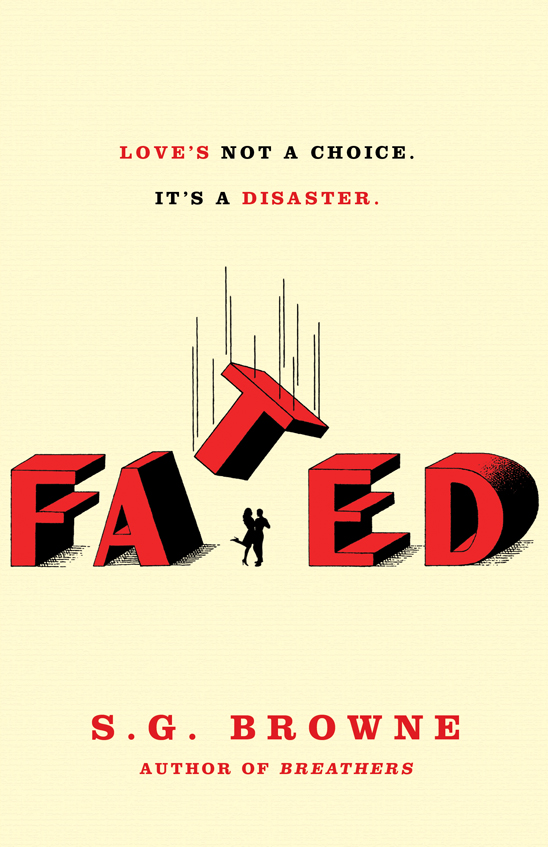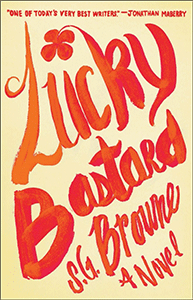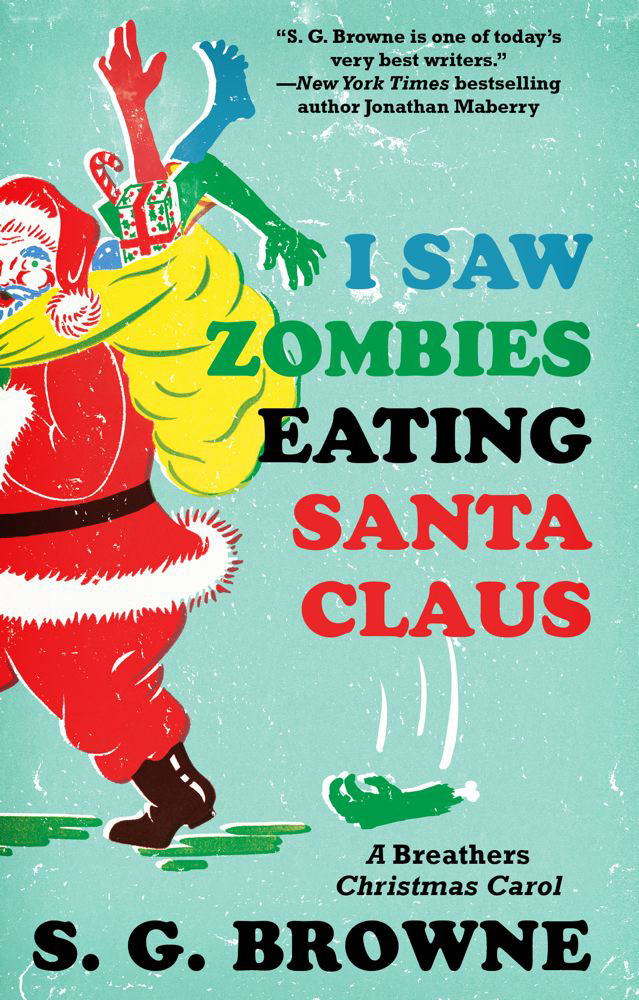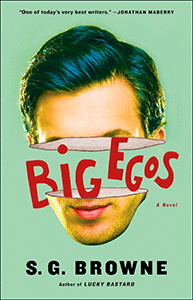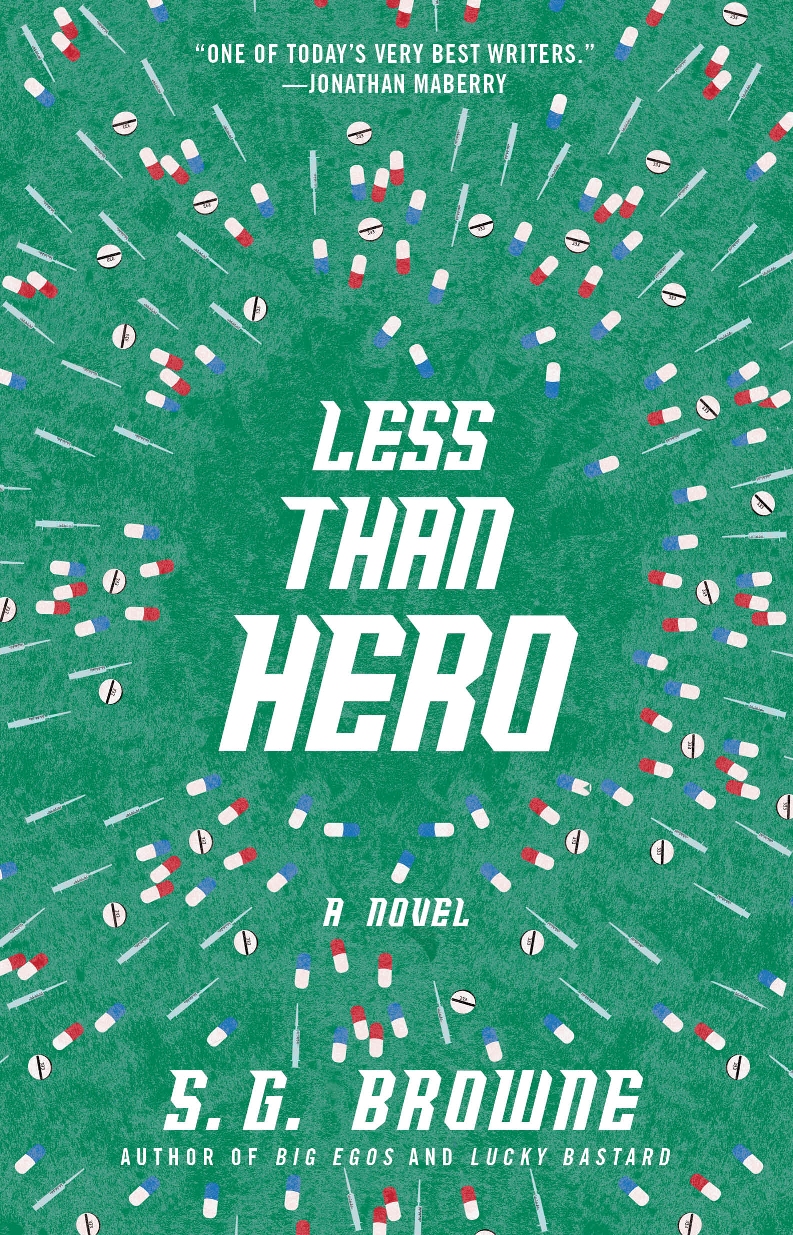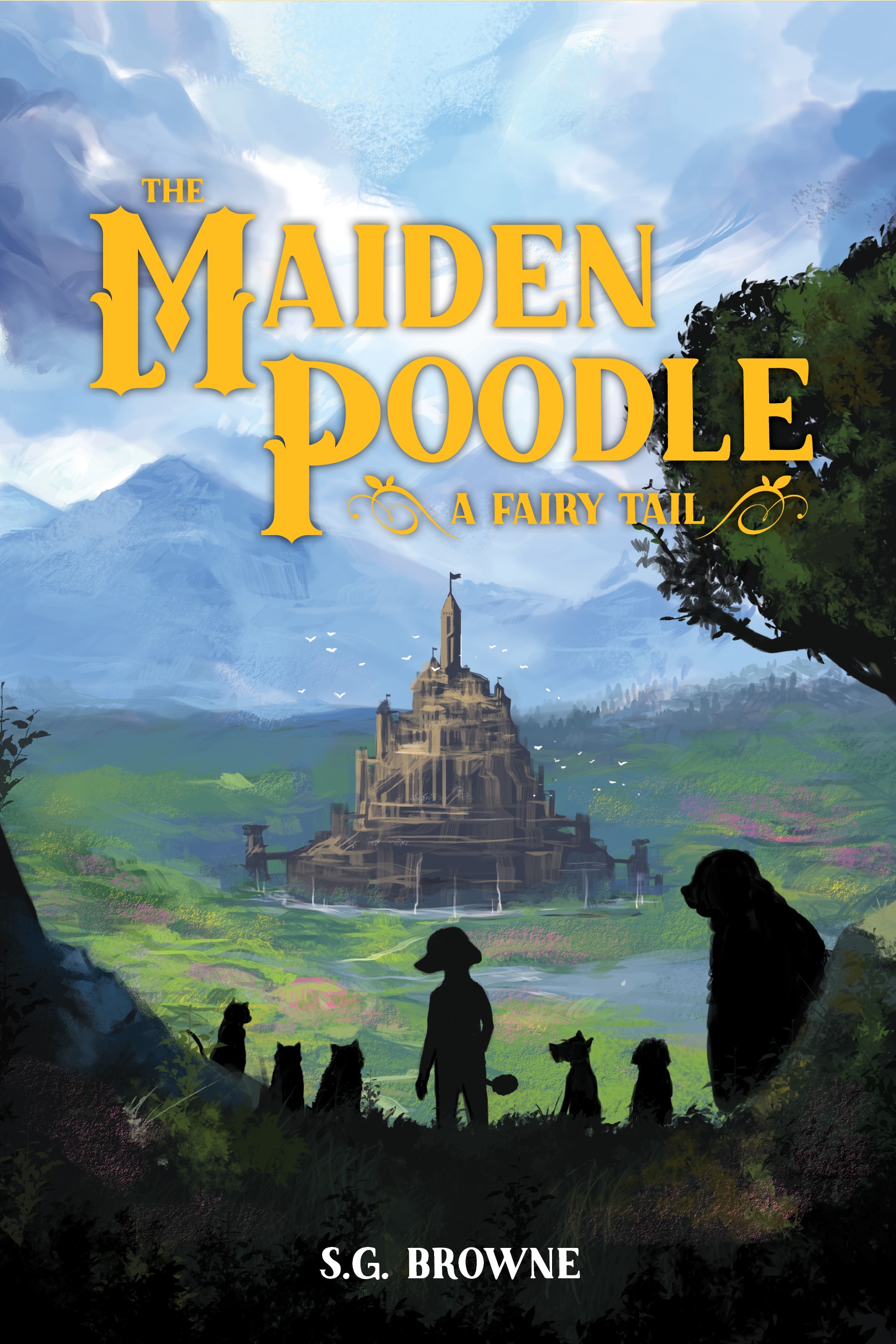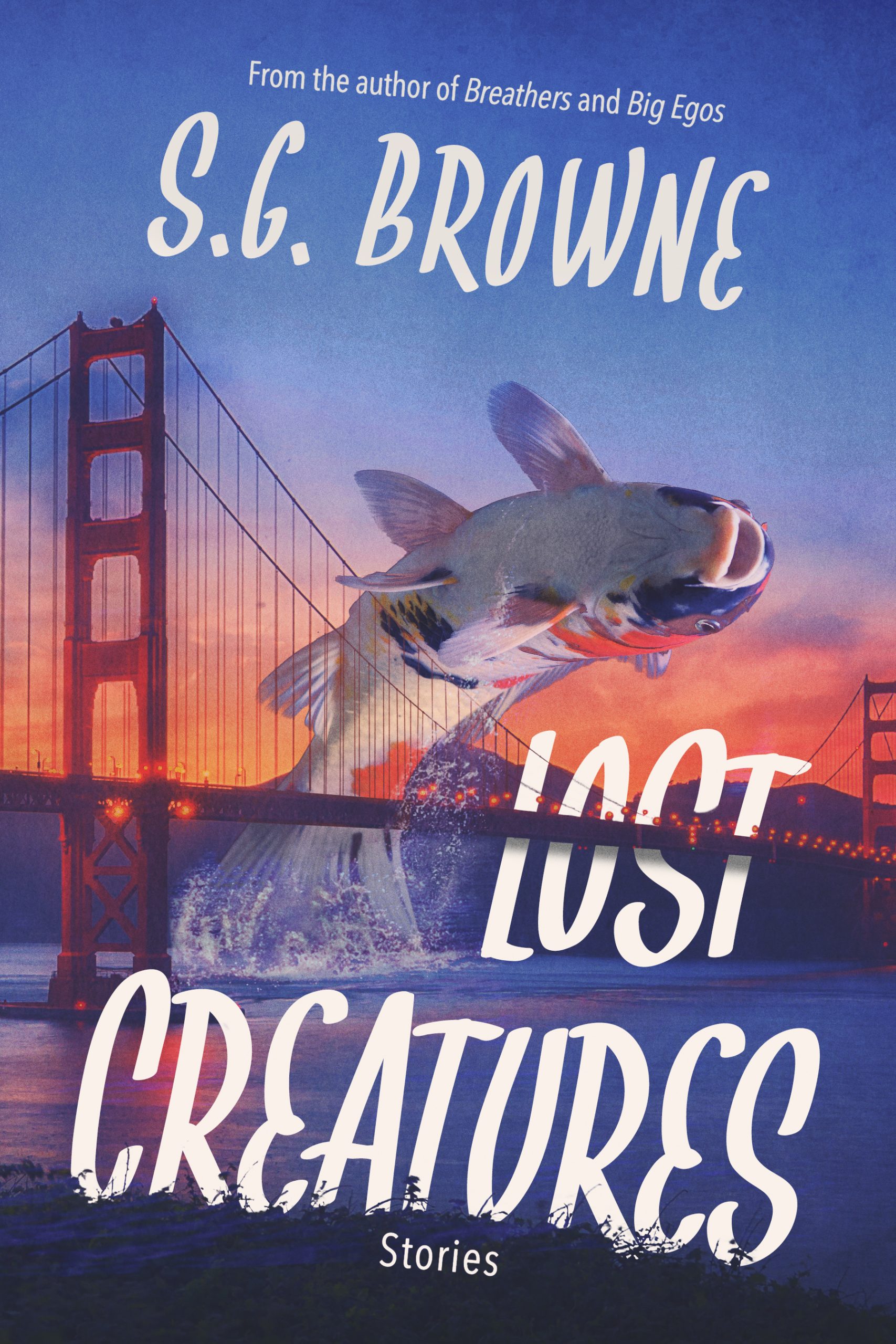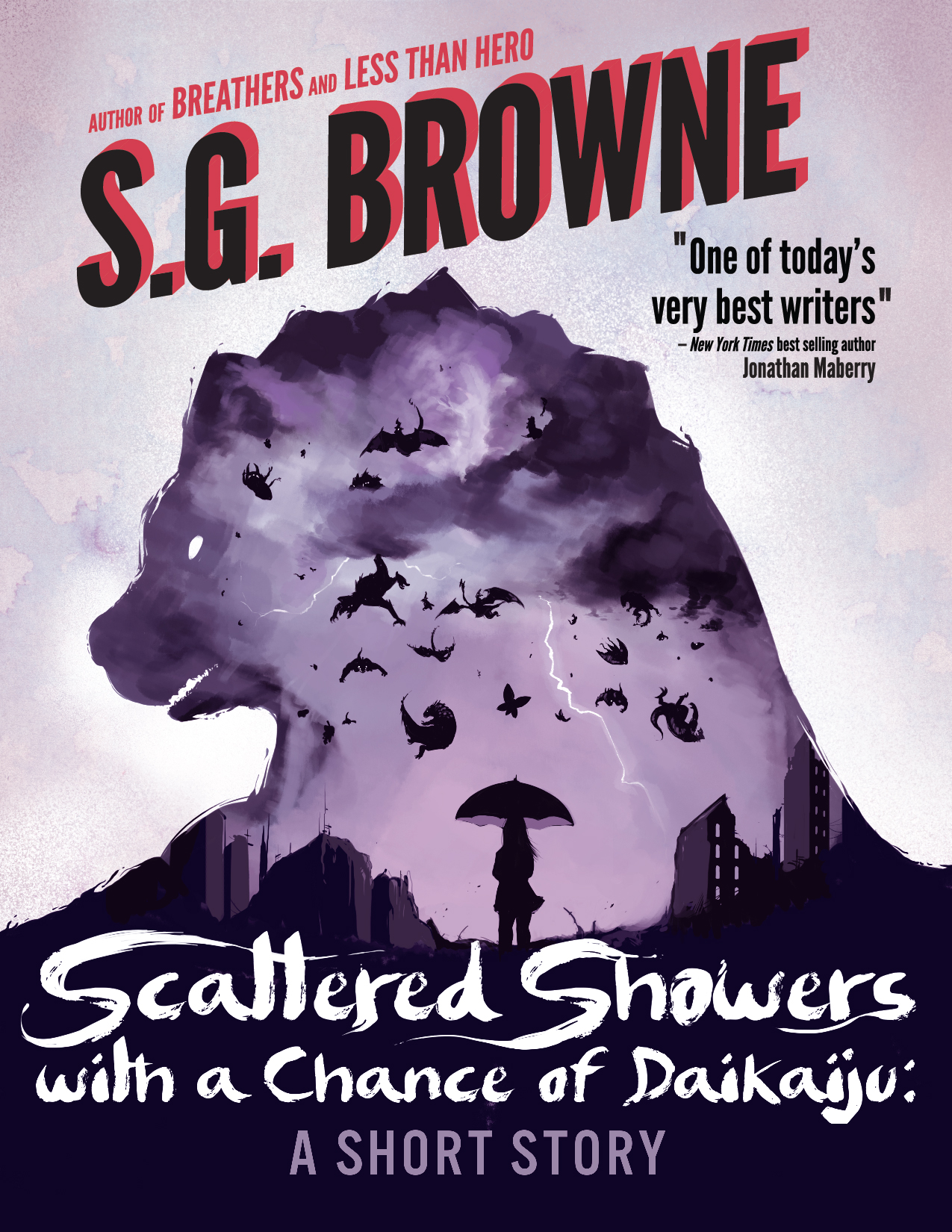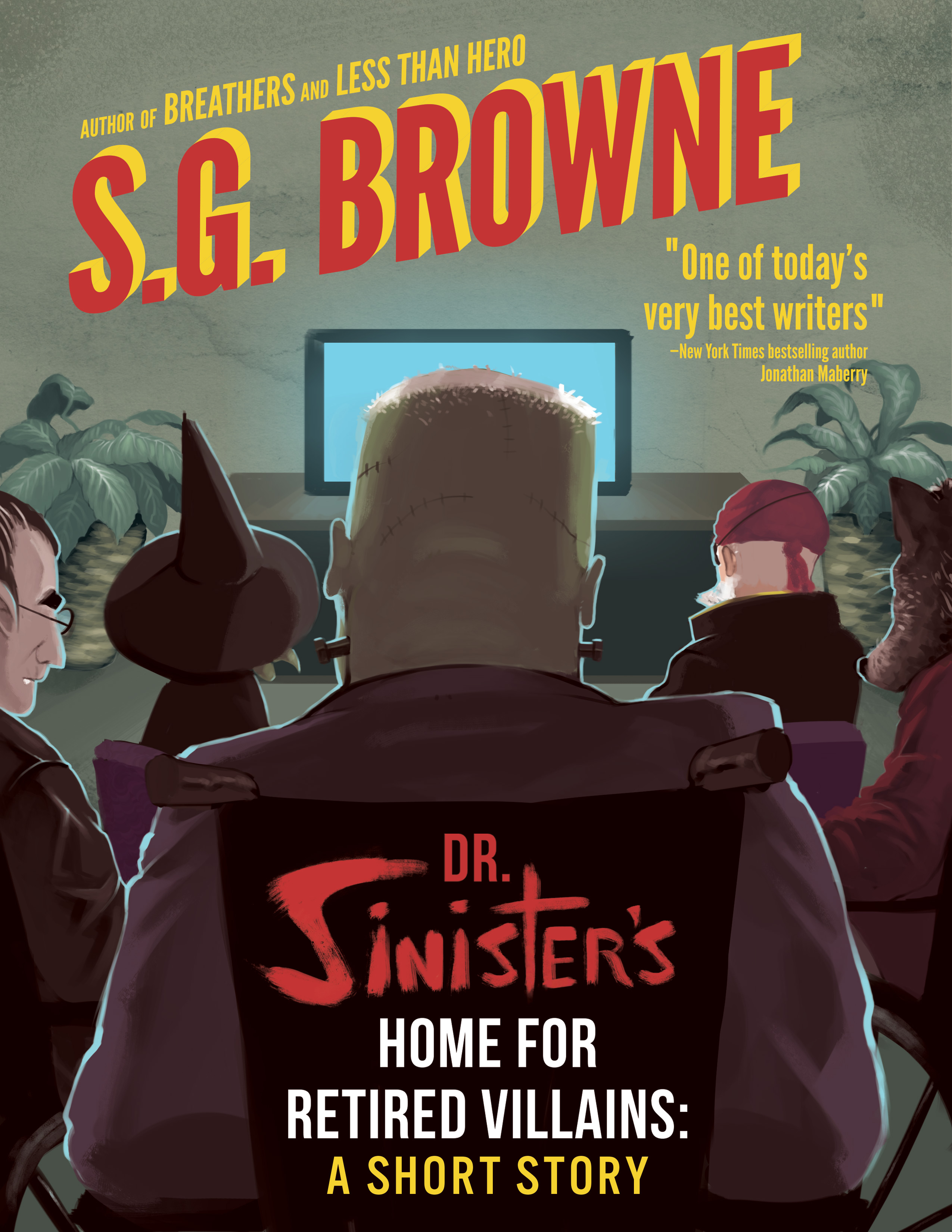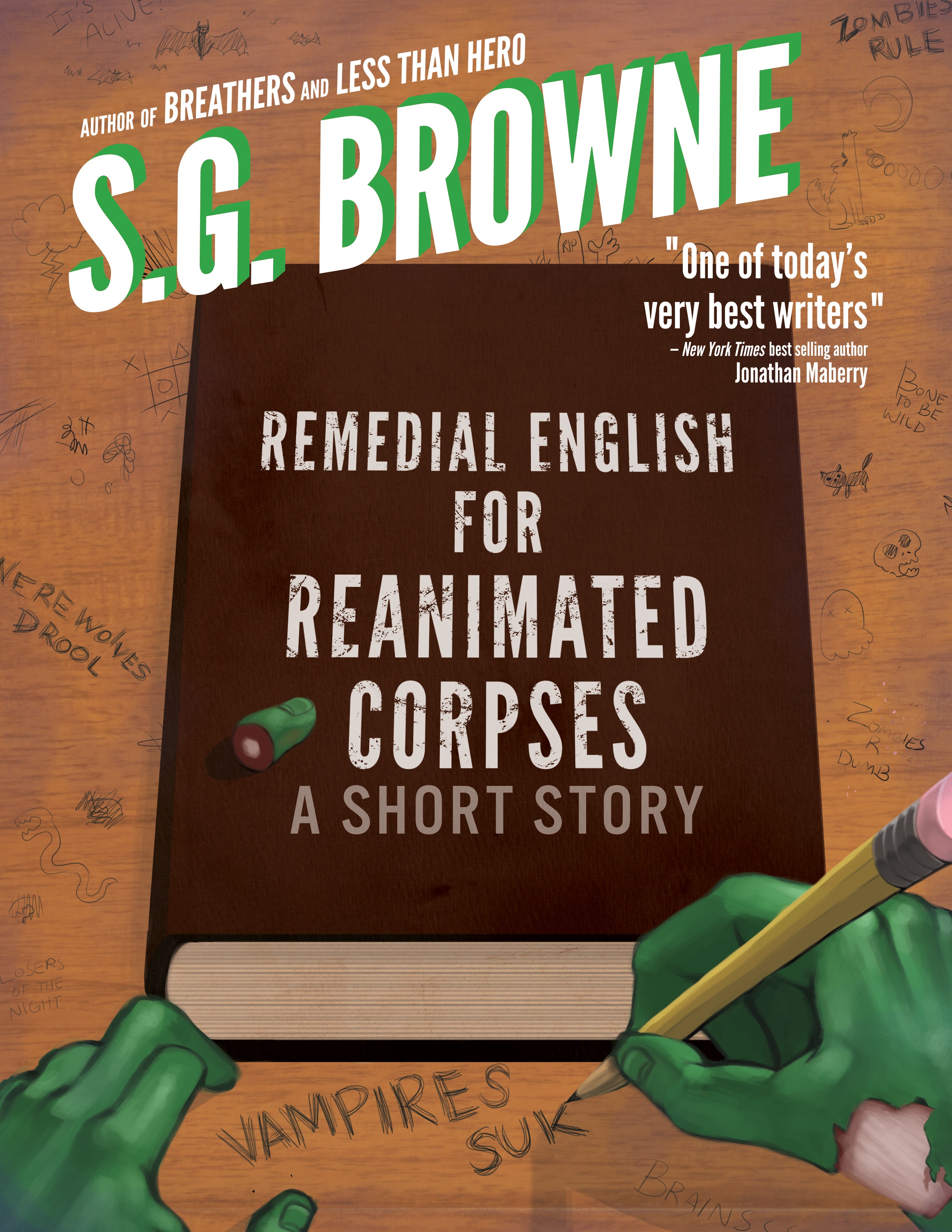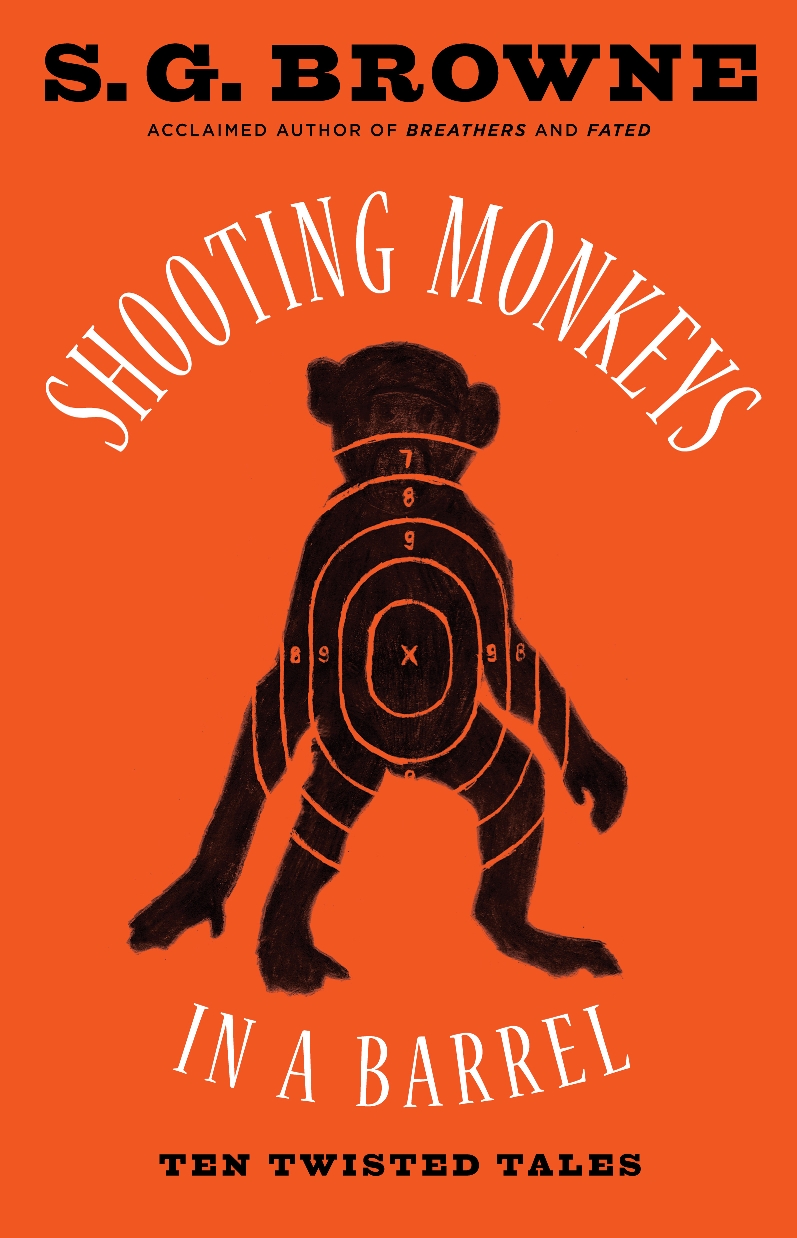F is for Fear and Fight and Fahrenheit
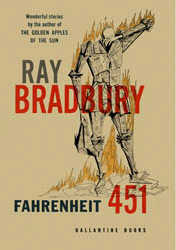 I can almost hear that as a cheer for some high school football team. “F is for fear and fight and Fahrenheit! Go Flames!” Or something like that. I don’t know. Maybe I’m reaching here.
I can almost hear that as a cheer for some high school football team. “F is for fear and fight and Fahrenheit! Go Flames!” Or something like that. I don’t know. Maybe I’m reaching here.
As opposed to the Letter E, I’ve read a number of books that begin with F. Flowers for Algernon, False Memory, Franny and Zooey, and Freaky Friday, just to name a few. I’m embarrassed to admit that I have yet to read Frankenstein, but am not embarrassed to say that I’ve never read For Whom the Bell Tolls. If you’ve read some of my posts, you know I’m not a big fan of Hemingway. (See my second Classic Literature Razzie below.)
The top three on this list were pretty easy. Nothing else even came close. Though you might be surprised at what took the top spot:
Takes the gold
Fahrenheit 451, Ray Bradbury
Bradbury’s dystopian novel about a futuristic society that bans reading, discourages critical thinking, and has firemen that burn books is probably one of my top 50 books of all time. While it’s always been considered a commentary on censorship, Bradbury contends that it’s a story about how television and the mass media destroys our interest in reading literature.
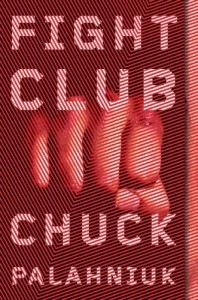 Settles for silver
Settles for silver
Fight Club, Chuck Palahniuk
This is one of those rare instances where I liked the movie better than the book. Of course, I saw the film first, which might have influenced me. Still, if you’ve never read Chuck, then there’s no place better to start than his debut novel about a main character who goes to extremes to regain his masculinity. Great social commentary on male bonding, capitalism, and the consumer culture.
Just happy to be on the podium
Fear and Loathing in Las Vegas, Hunter S. Thompson
The opening line and paragraphs alone are enough to include this here. This fast and furious, often surreal novel about the drug-induced pursuit of the American Dream almost made me feel like I was under the influence while reading it.
The second Classic Literature Razzie goes to:
A Farewell to Arms, Ernest Hemingway
I know Hemingway is credited with having a major influence on 20th century fiction with his unique writing style, but I just don’t care for him. Especially this novel, which is filled with run-on sentences, repetitive use of qualifiers, and frequent stretches of dialogue involving multiple characters with no indication as to who’s speaking. While I think you can get away with some of these transgressions in popular fiction, when it comes to classic literature, I guess I expect something more, I don’t know, literary.
Plus, the death scene at the end, where Catherine is in the hospital and the main character, Frederic, is trying to comfort her? I don’t have the book in front of me, but I recall the dialogue going something like this:
“I love you,” he said. “I love you. I love you. I love you.”
“And I love you.”
“I love you so much.”
“I love you.”
“I love you. I love you. I love you.”
“I love you.”
This book is my top Classic Literature Razzie of all time.
